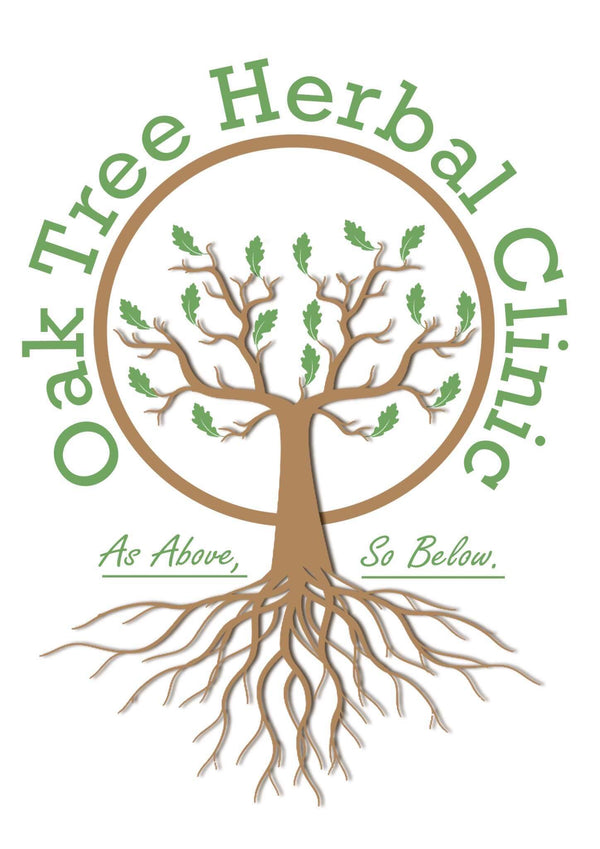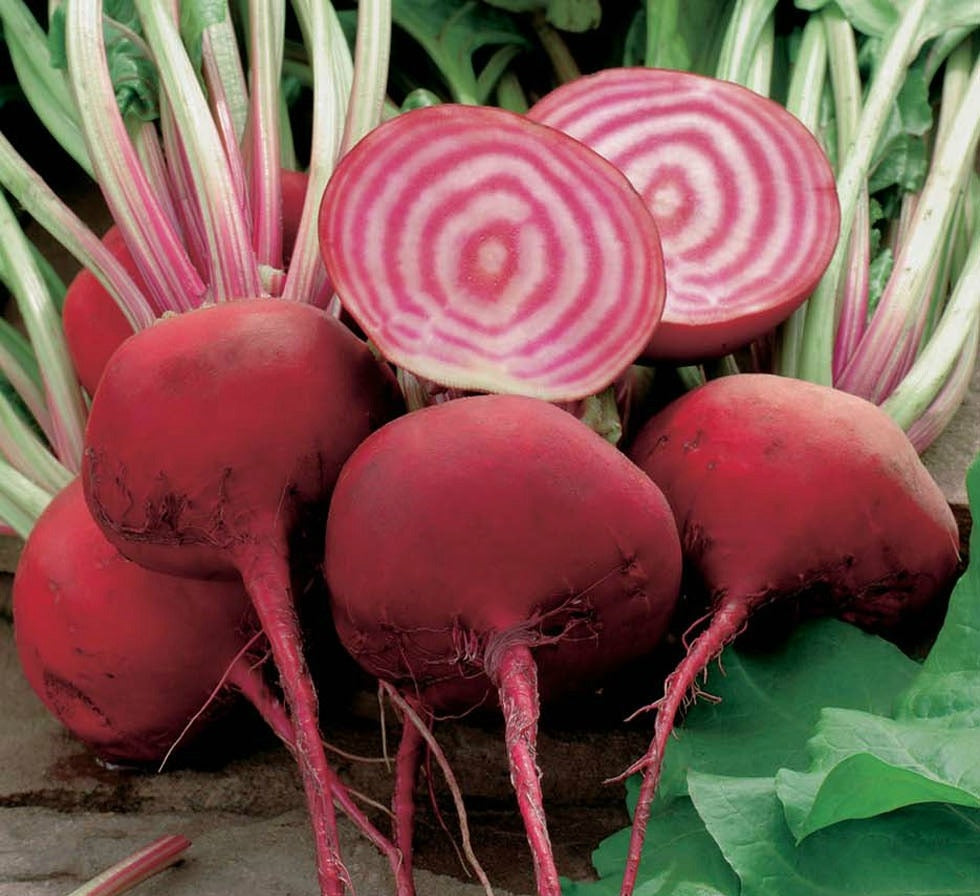Beetroot isn’t just a pretty, deep red vegetable—it’s been valued for centuries for its nutritional, medicinal, and culinary properties. Both the bulb (root) and the leaves are packed with bioactive compounds that support health, making beetroot a true herbal powerhouse.
A Rich History of Beetroot
Beetroot has a fascinating history that stretches back over 4,000 years, with origins in the Mediterranean region. Early forms of beet were actually cultivated for their leaves rather than their bulb, and the leaves were prized for their nutritional and medicinal properties. Ancient civilizations, including the Greeks, Romans, and Egyptians, recognized beet greens as a nutrient-rich food and used them to treat a variety of ailments, particularly digestive issues, liver problems, and fever.
The root (bulb) itself became more prominent later, as selective cultivation encouraged larger, more succulent roots. By the Middle Ages in Europe, both the root and leaves were widely grown in home gardens and monasteries, not only as a food source but also for medicinal purposes. Beetroot was traditionally used to support liver and kidney function, purify the blood, and improve digestion.
Interestingly, beetroot was often consumed for medicine first, and food second. The Greeks, for example, used it to treat ailments like constipation and fevers before it became a culinary staple. Over time, the sweet, earthy roots were roasted, boiled, or fermented, eventually making their way into soups, salads, and pickles.
Beetroot’s deep red color comes from betalains, pigments that were later found to have powerful antioxidant and anti-inflammatory properties. Today, we recognize that both the leaves and the bulb offer a rich array of nutrients and compounds, making beetroot one of nature’s earliest “functional foods” appreciated for both nutrition and medicine.
Nutritional and Medicinal Benefits of Beetroot
Beetroot has been valued for centuries not only as a food but also for its medicinal properties, and modern science confirms much of what ancient cultures observed. Both the bulb and leaves are nutritional powerhouses, packed with vitamins, minerals, and bioactive compounds that support multiple systems in the body.
Beetroot Bulb (Root):
- Iron, magnesium, potassium, folate, and vitamin C – nutrients that support healthy blood, energy production, and overall vitality.
- Betalains – these antioxidant pigments give beetroot its signature deep red color and help reduce inflammation while supporting liver detoxification.
- Natural nitrates – compounds that promote healthy circulation, blood pressure regulation, and cardiovascular function, reflecting why historical cultures used beetroot to support the heart and blood.
Traditionally used for liver and gallbladder health, beetroot continues to be recognized for its ability to aid detoxification and support overall metabolic function.
Beet Leaves (Greens):
- Rich in calcium, magnesium, iron, vitamin K, and chlorophyll, making them excellent for bone health, blood health, and detoxification.
- Mildly diuretic and liver-supportive, which aligns with traditional use for cleansing and purifying the blood.
Their nutrient density explains why early civilizations valued the leaves even before the bulb became a food staple.
The ancient preference for beet greens over the root underscores a principle that still holds today: nutrient-rich, plant-based foods often have medicinal benefits long before modern supplementation or pharmaceuticals existed. By combining both the bulb and leaves in your diet or through herbal preparations, you get a full spectrum of benefits—just as people have for thousands of years.
Modern Herbal Uses
Today, beetroot continues to be celebrated for its dual role as both a nutritional powerhouse and a medicinal herb. Modern herbalists use the bulb and leaves to support a variety of health concerns, just as our ancestors did.
- Energy and Vitality: Beetroot’s natural nitrates and iron content can help boost stamina and combat fatigue.
- Circulation and Cardiovascular Health: The bulb supports healthy blood flow, while the leaves provide minerals like magnesium and potassium for heart and vascular function.
- Liver and Detox Support: Both root and leaves help nourish the liver, aid detoxification, and support overall metabolic health.
- Blood and Immune Health: Iron-rich leaves combined with the antioxidant-rich bulb help maintain healthy blood cells and protect the body against oxidative stress.
At Oak Tree Herbal Clinic, we’ve harnessed the benefits of both the bulb and leaves in our new herbal remedies:
- Beetroot Bulb/Leaf Elixir – A potent elixir designed to support circulation, liver function, and overall vitality. Perfect for daily wellness or during periods of fatigue
- Beet Leaves Glycetracts – A gentle, nourishing preparation of the leaves to support blood health, detoxification, and long-term wellness.
These formulations make it simple to enjoy the full spectrum of beetroot’s nutritional and medicinal benefits—just as herbal traditions have done for thousands of years.
Herbal Naturopathic/Nutritional Appointments - in Person and On line
If you would like to have a more tailored approach to your health concerns you can book in to see our Herbal Naturopath. (you will be transferred to our sister companies online booking service) She will look at you as an individual and look into your specific needs through holistic and evidence-based approach to wellness. Herbal Naturopathic principles are based on treating each person as an individual and treatment plans are designed to treat you as a whole person and not just your presenting symptoms.

